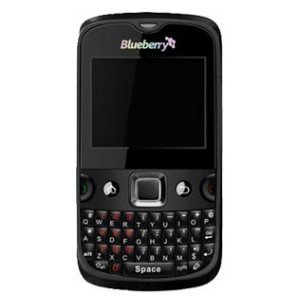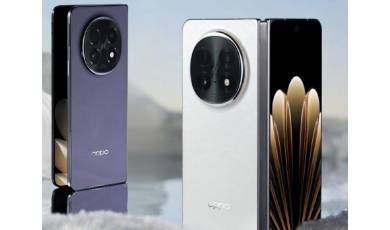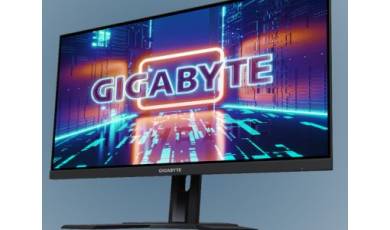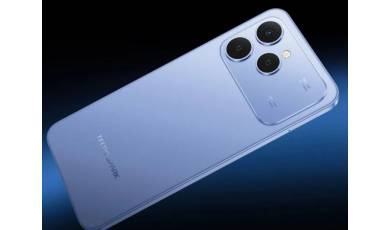CSL BLUEBERRY 5300T specs.
Mobiles >> CSL >> CSL BLUEBERRY 5300T| Specifications | Reviews | Secret codes |

Basic Spec CSL BLUEBERRY 5300T
Internal memory:
59 KB
Display CSL BLUEBERRY 5300T
Primary display:
TFT 2" 220 x 176 pixels 65K colors
Secondary display:
No
Storage CSL BLUEBERRY 5300T
Memory Card:
MicroSD,
Main Camera CSL BLUEBERRY 5300T
Primary camera:
2 MP 1600 x 1200 pixels
Selfie camera CSL BLUEBERRY 5300T
Secondary camera:
No
Sound CSL BLUEBERRY 5300T
Headphone:
Yes 3.5mm
Network CSL BLUEBERRY 5300T
EV-DO:
No
GPRS: General Packet Radio Service
General Packet Radio Service
Yes
GSM:
900, 1800
EDGE:
No
Connectivity CSL BLUEBERRY 5300T
Wi-Fi: Wireless lan technology
Wireless lan technology
No
NFC: Near field communication
Near field communication
No
GPS: Global Positioning System
Global Positioning System
No
Bluetooth: Bluetooth is used to exchange data between nearby mobile devices.
Bluetooth is used to exchange data between nearby mobile devices.
No
HDMI:
No
Hotknot:
No
USB: Universal Serial Bus
Universal Serial Bus
Yes
Infrared:
No
Battery CSL BLUEBERRY 5300T
Capacity:
Li-Ion
Stand by:
Up to 48 h
Talk time:
Up to 3 h
Size CSL BLUEBERRY 5300T
Dimension:
105 x 56.5 x 12 mm
Weight:
80 g
SIM:
Mini-SIM, Dual-SIM
Colors:
black, white, red
Comments, Questions and Answers about CSL BLUEBERRY 5300T
Ask a question about CSL BLUEBERRY 5300T





